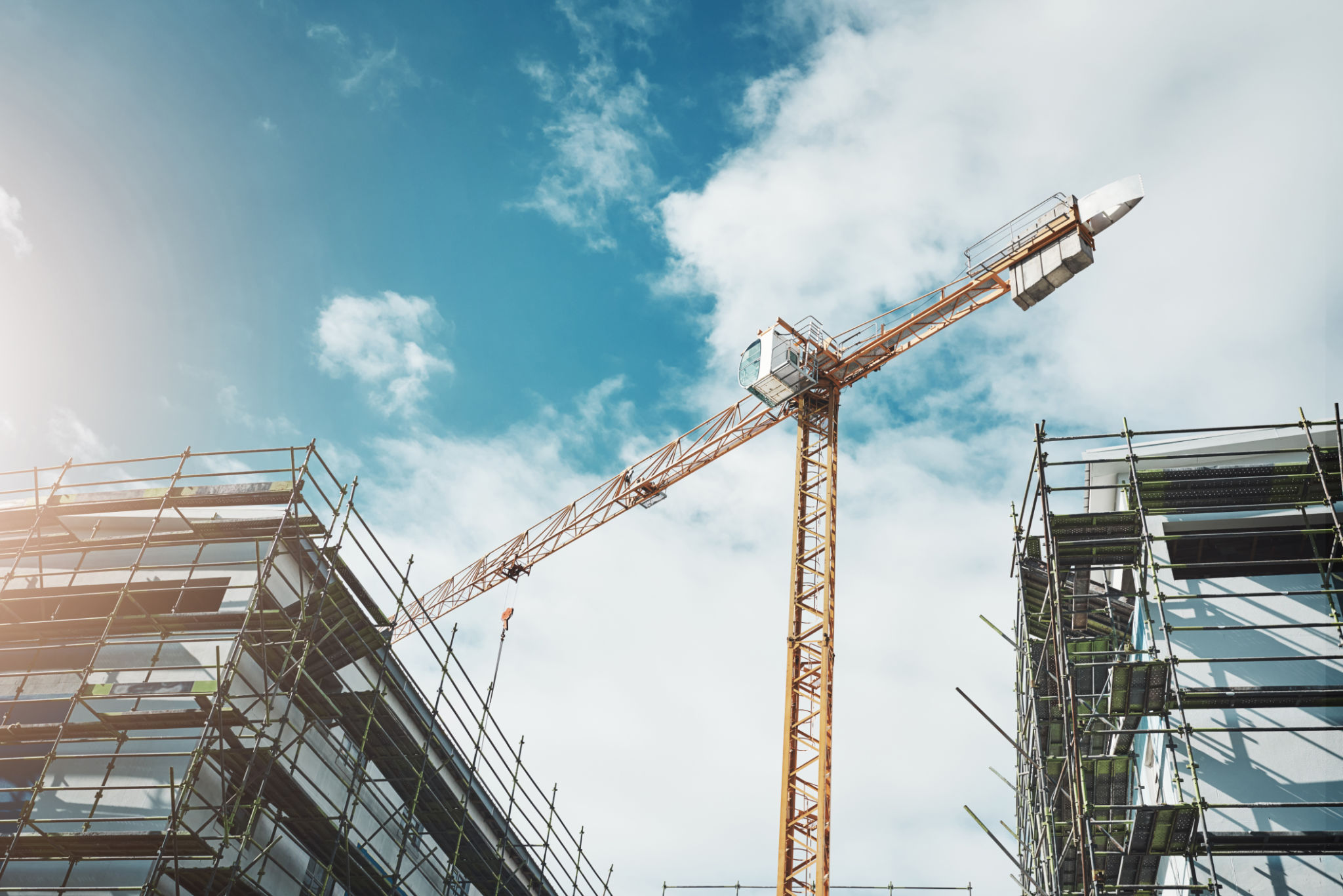Expert Insights: Navigating Building Regulations in Cape Town
Understanding the Basics of Building Regulations
Building regulations in Cape Town are essential guidelines that ensure the safety, sustainability, and functionality of construction projects. These regulations are designed to protect both builders and occupants by setting standards for design, construction, and maintenance. Understanding these rules is crucial for anyone looking to embark on a building project in the city.
The City of Cape Town has specific building codes that align with South Africa's national standards. These codes cover various aspects, including structural integrity, fire safety, and accessibility. Being well-versed in these regulations can significantly smooth the path for any construction endeavor.

Key Areas Covered by Building Regulations
Building regulations in Cape Town encompass a wide range of areas. Some of the key aspects include:
- Structural Requirements: Ensuring that buildings can safely withstand physical stresses and environmental conditions.
- Fire Safety: Implementing measures to prevent, detect, and respond to fire incidents effectively.
- Accessibility: Designing buildings to be accessible for all individuals, including those with disabilities.
These regulations ensure that the city’s infrastructure is safe and inclusive while promoting sustainable development practices. Builders and developers must adhere to these standards to avoid legal complications and ensure project success.

The Approval Process
Before starting any construction project in Cape Town, obtaining the necessary approvals is a critical step. This process involves submitting detailed plans and documents to the City’s planning department. The submission should include architectural drawings, structural designs, and any other relevant information that demonstrates compliance with building regulations.
Once submitted, these plans undergo a thorough review process. The city officials assess whether the proposed project meets all safety, health, and environmental standards. Upon successful review, a building permit is issued, allowing construction to commence legally.
Challenges in Navigating Building Regulations
Navigating building regulations can be a complex process, especially for those unfamiliar with local laws. Common challenges include understanding technical jargon, meeting stringent safety requirements, and managing submission timelines. Additionally, changes in regulations can occur, requiring builders to stay updated with the latest amendments.

To mitigate these challenges, many developers seek the expertise of building consultants who specialize in local regulations. These professionals can provide valuable insights and streamline the approval process, ensuring compliance and reducing delays.
Expert Advice for Successful Compliance
Experts recommend several strategies for successfully navigating building regulations in Cape Town:
- Engage Early: Start discussions with city officials and consultants early in the planning stage to understand requirements thoroughly.
- Stay Informed: Keep abreast of any updates or changes in building codes to ensure your project remains compliant.
- Collaborate: Work closely with architects, engineers, and consultants who have experience with local regulations.
By following these expert tips, builders can enhance their chances of achieving a smooth and successful construction process in Cape Town.
The Importance of Compliance
Compliance with building regulations is not just a legal obligation but also a commitment to quality and safety. Well-regulated buildings contribute to the overall well-being of the community by preventing accidents and minimizing environmental impact.

In conclusion, understanding and adhering to building regulations in Cape Town is crucial for any construction project. By leveraging expert insights and maintaining open communication with local authorities, developers can navigate these regulations effectively, ensuring their projects are safe, sustainable, and successful.
